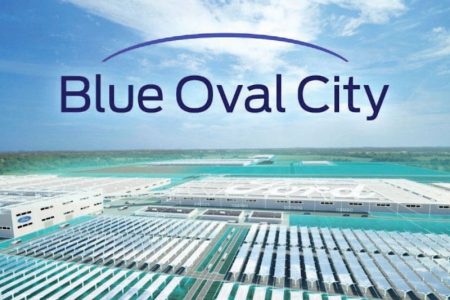That work force will have to be recruited from some distance. The nearest population centers are Memphis, 50 miles southwest, and Jackson, Tenn., which has 68,000 people living 40 miles to the east. The region is largely agricultural, raising a housing question for the 5,700 plant workers and their families, as well as for construction workers in the meantime.
“Housing, to me, is going to be a critical issue for getting this campus built,” Berryman said. “Jackson will provide some of the housing needs, and Memphis will provide a lot of it. It will just depend on where people want to live, including the construction workers.”
TVA, a multistate utility and economic development agency, was a pioneer in offering pre-certified, obstacle-free megasites to recruit large auto plants, and the West Tennessee megasite was one of its first. Over the past two decades, TVA’s major recruitments have included Volkswagen in Chattanooga, Toyota in Tupelo, Miss., and Mazda-Toyota in Huntsville, Ala.
Blue Oval City will be more than a vehicle assembly plant. Ford intends for the project to showcase its fast-moving strategy to produce EVs. The site will house a large-scale battery manufacturing operation in partnership with Korean supplier SK Innovation. Equally significant, the campus will include a technology training center that will school thousands of workers in the art of EVs. Details of the training plan are not fully public, but the center is expected to provide skill certification for technologies that will apply across Ford’s emerging EV supply chain.
Berryman believes the influx of workers and construction personnel, participants in the technical training center, suppliers and other vendors will cause economic change across the region.

